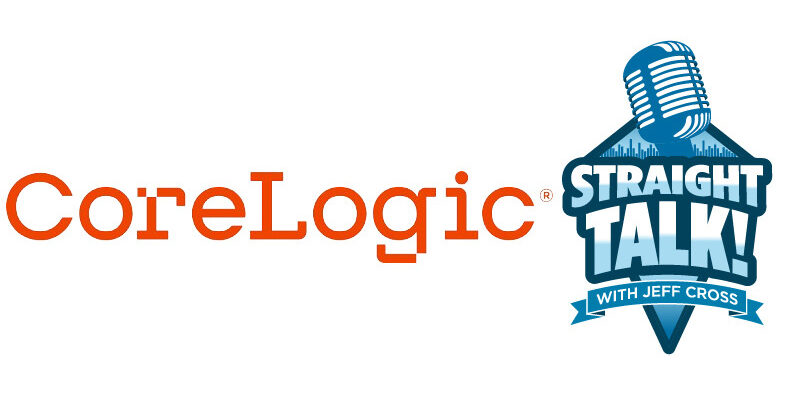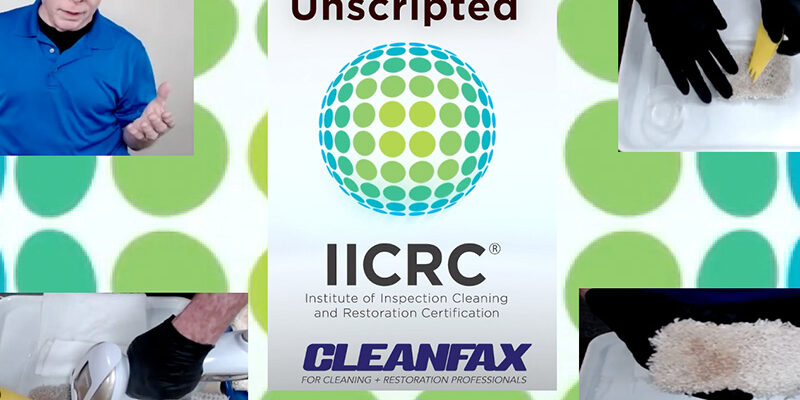Conducting a Supplier Audit

By Michael Wilson
Because carpet cleaning companies depend on various cleaning products, it’s important to know which are the best performing and most cost effective. This is typically accomplished by conducting a product audit. Without an audit, products are often repeatedly purchased out of habit rather than based on an analysis of performance and cost. Along with product audits, carpet cleaners should also evaluate their suppliers, the distributors that market those products to them. Because we usually have a personal relationship with distributors, a supplier audit is rarely conducted. We like someone, so we keep working with that person over the years. However, as with products, without investigating possible alternatives, carpet cleaners may not be getting the time, attention, and quality service they deserve from distributors. A supplier audit is designed to determine this.
Benefits and caveats
Here are a few reasons why conducting a supplier audit is so important:
- A top-notch supplier will soon learn which types of cleaning solutions and equipment work best for you and the types of services you offer. Essentially, they become your partner when it comes to supplies.
- The supplier will track and update you on what new products may prove more performance effective or cost effective than those you are currently using.
- Because supply chain issues are such a big concern right now, an astute supplier may be able to let you know ahead of time if a specific product may be in short supply soon.
- A high-quality supplier can help you improve your customer relations, satisfy your clients, and maintain your quality standards.
It’s clear there are benefits to conducting a supplier audit, but before we discuss how to conduct one, we need to acknowledge a couple of things.
First, virtually every audit will point out the strong and not-so-strong points of a supplier. Expect this. It is then your job to determine if the strong points outweigh the weak points based on your business needs and preferences.
Second, if the decision is made to continue with a current supplier, be sure to share your findings with them—acknowledge their strengths and weaknesses. Further, if another supplier provides a service that you would like your current supplier to offer, be sure to ask about it. Suppliers committed to providing you with quality service will typically be more than willing to make changes to accommodate you.
Designing your supplier audit
There are several key components to a supplier audit, but the first one starts with you. Begin by asking yourself the following questions:
- Do I need someone to help me select products/cleaning solutions for my business?
- Do I need someone for product advice?
- Do I need someone that specifically knows the carpet cleaning industry?
- Do I prefer selecting products from distributors or brick-and-mortar/online mega-retailers?
- How important are product delivery issues to me?
Answering these questions will not only help you design your supplier audit, but also help you determine if you need to conduct one in the first place. If you are new to the industry, some handholding is often necessary. And if you’ve been around for a while, you’ll likely find that a supplier evaluation turns out to be more revealing than expected.
Answering these questions also helps you stay focused on what you are looking for in a supplier. As you conduct your supplier audit, here are some things that should be examined:
- The supplier’s website: Virtually all distributors have e-commerce sites. The big difference is whether they are essentially product brochures or provide product information along with content that can help you run your business. Some distributors, for instance, provide excellent articles and videos on how to use a product or perform a task. This material can prove invaluable.
- Customer reviews: Distributors market products, but for carpet cleaning technicians, they can also provide invaluable services. See if there are any customer reviews on this supplier and always take customer reviews seriously.
- Employee turnover: Some companies have revolving doors, with employees coming in one door as others are leaving through another. This can indicate business operation problems that could impact your company. On the other hand, a distributor with low staff turnover offers the opportunity to work with the same people over time, developing business relationships that can benefit your company.
- Product availability: For a variety of reasons, our country may experience product shortages for a couple more years. Supply chain issues can have a more severe impact on small, mom-and-pop operations than on larger organizations. Finding a supplier who is part of a nationwide network can alleviate some of these issues. If the local distributor is out of a product, another distributor within the network probably has the product and can deliver it to you.
- One-on-one interviews: While continuing to work with the same supplier for years because you like them can have its pitfalls, it also can have its benefits. It is important to determine if you are comfortable with the supplier, and the best way to do this is with one-on-one interviews. Remember, these are typically long-term relationships. It’s essential to work with someone that you like, trust, and feel comfortable with. Include this as a critical part of your supplier audit as well.
While it might seem like a chore to evaluate your supplier relationship when you are content with your current situation, you’ll likely find an audit to be an eye-opening and fruitful experience.
Michael Wilson is AFFLINK’s vice president of marketing and packaging. He has been with the organization since 2005 and provides strategic leadership for the entire supply chain team. In his free time Wilson enjoys working with the Wounded Warrior Project, fishing, and improving his cooking skills. Reach him at www.afflink.com.












